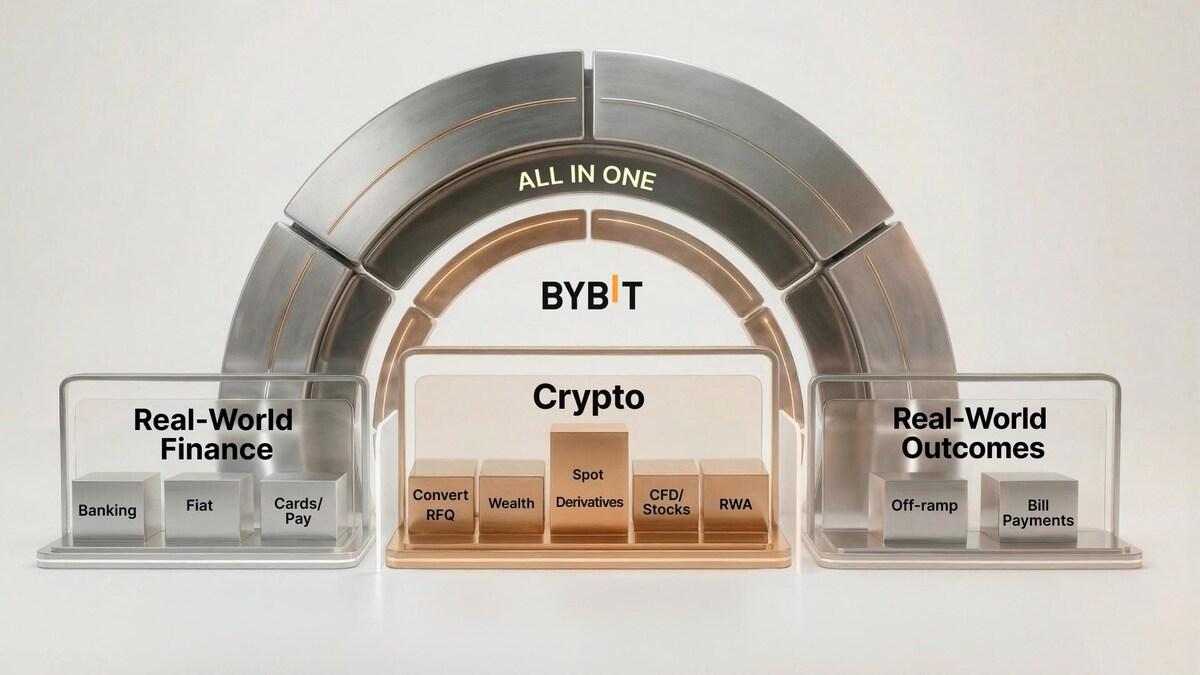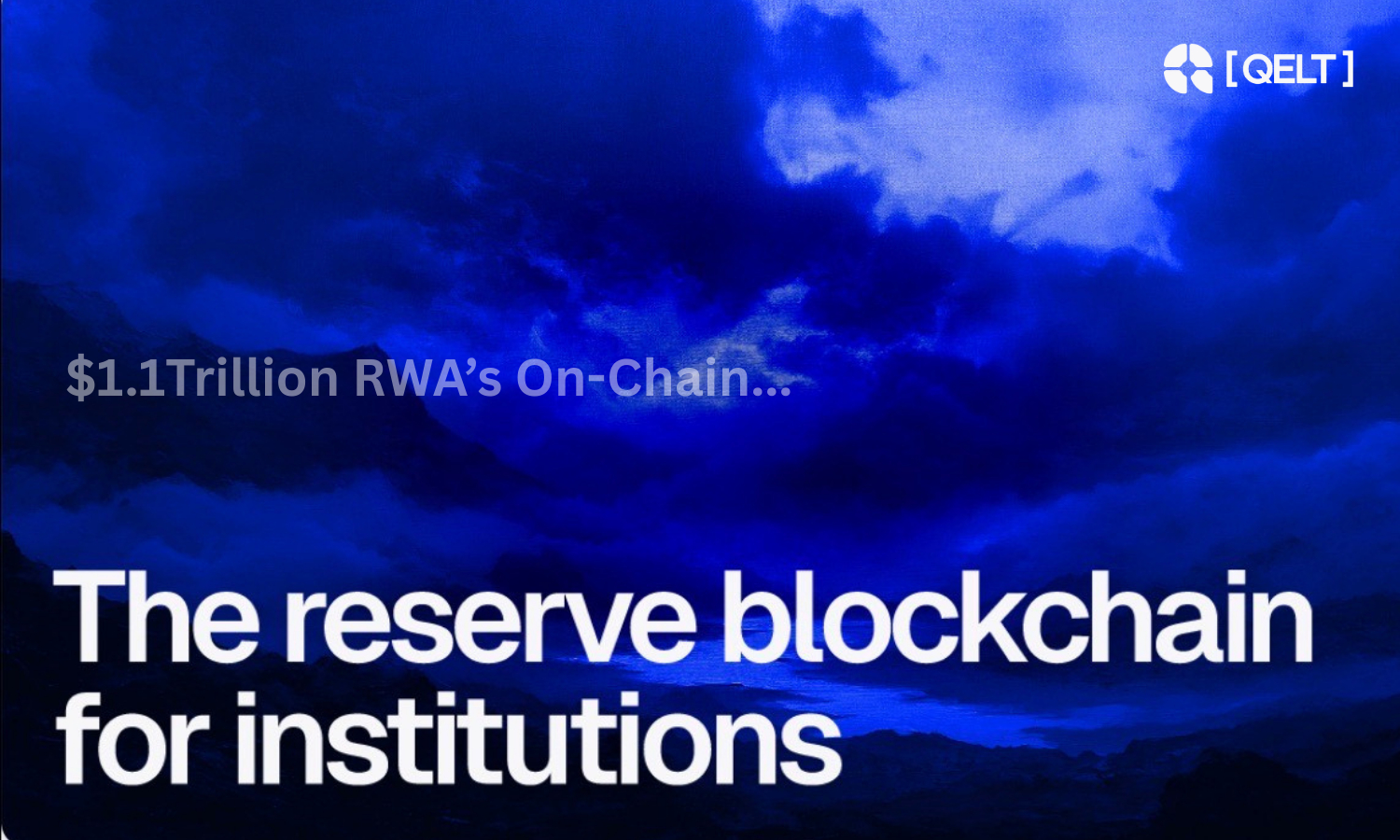Key Points:
- In a recent report, the Atlanta Fed, a US Federal Reserve Bank district, emphasized Ripple’s business model.
- The research emphasizes the increasing use of Web3 and blockchain technologies by governmental entities such as central banks.
- It also draws attention to Project Mariana, a proof-of-concept initiative launched by the BIS.
The Federal Reserve Bank of Atlanta (Atlanta Fed) has drawn attention to Ripple’s business model and how the firm utilizes XRP to address cross-border settlement demands in a study.

The bank considers XRP to be “an international payment medium.”
The report focuses on the potential of Web3 and the usage of digital assets. It also drew attention to Project Mariana, a proof-of-concept created by the Bank for International Settlements (BIS), Banco de France, and other financial institutions, illustrating the rising acceptance of Web3 and blockchain technology by public organizations such as central banks.
The Atlanta Fed article highlights Ripple and Stellar as two significant blockchain-focused startups to bring cost-effective value transfers, stressing the Mariana project’s objective of promoting more efficient cross-border settlements.
It’s worth noting that this analysis focuses on the larger Web3 landscape rather than Ripple or XRP in particular. Moreover, the paper does not mention expressly that the Atlanta Fed intends to employ XRP for settlements.

Ripple’s promise of an efficient cross-border settlement mechanism has piqued the interest of many central banks. Ripple teamed with the Central Bank of Montenegro last month to help test its digital currency.
Ripple has launched a new platform for CBDCs, allowing central banks, governments, and financial institutions to create and operate their own digital currency.
Institutions utilizing the platform may use XRP as a bridge currency, but it is not required. As of press time, information on the banks that had shown interest was scarce.
Although the US Federal Reserve has not clearly stated its goal to create a CBDC, it has continued to investigate the ramifications of doing so. Fed Chairman Jerome Powell said in March that the bank would require Congressional permission to create a CBDC.
DISCLAIMER: The information on this website is provided as general market commentary and does not constitute investment advice. We encourage you to do your own research before investing.
Join us to keep track of news: https://linktr.ee/coincu
Harold
Coincu News






















